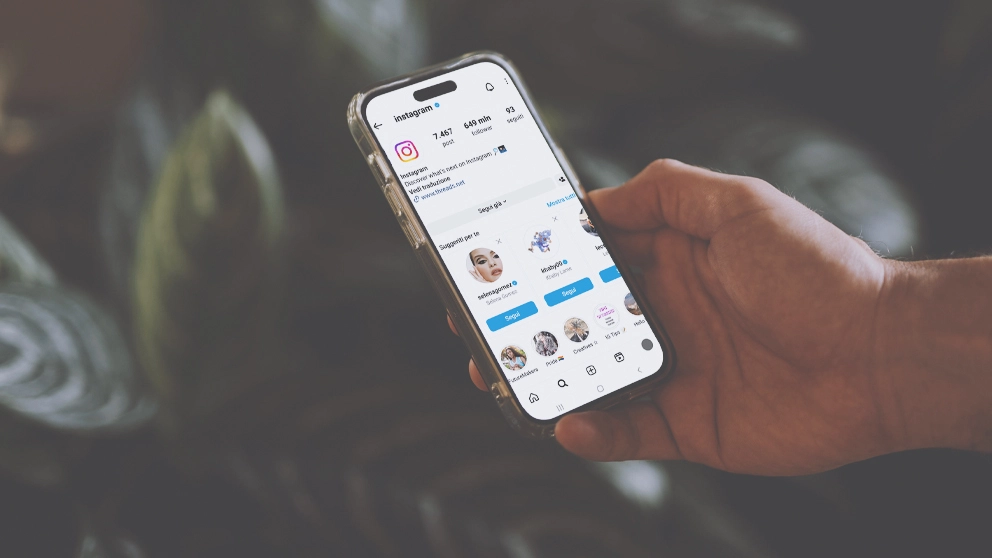Instagram’s messaging app that challenges Twitter with intimate and instant connections, but raises questions about privacy

Instagram, the global giant of the Meta group, has lifted the curtain on its new jewel: Threads, an ambitious move that reveals Zuckerberg’s determination to challenge the Twitter platform, another social media giant.
Threads, born as a messaging app for Instagram, aims to facilitate relationships between people by sharing content with close friends, such as photos, videos and statuses.
Threads aims to provide a more intimate and immediate connection between people than Twitter.
Threads: what it is and how it works
Last July 6, after an initial announcement made in 2021, Threads was officially presented, the new application of the Meta group which recorded record success with the registration of over 150 million confirmed accounts in a couple of days.
The social network, not yet available in Europe, was conceived with the aim of offering Instagram users a more direct and immediate way to exchange content and communicate with their closest friends. Instead of showcasing the flow of public posts like on Instagram, Threads puts the focus on messaging and exchanging content with a select few friends.
In concrete terms, with its simple and intuitive interface, the application allows you to publish messages of a maximum length of 500 characters – Twitter offers “only” 280 – and to include photos, links and videos lasting 5 minutes.
As with Elon Mask’s social network, the Threads feed can also be populated both by content posted by the accounts you follow and by content recommended by the algorithm. Furthermore, even on Threads it is possible to comment and re-share the posts published by other accounts.
With the introduction of this application, Meta aims to further strengthen its dominance in the social network landscape, gaining ground in the sphere of instant conversations and real-time connections, an area until now almost exclusively the preserve of Twitter.
Automatic statuses to share with friends
One of the most interesting (and controversial) features of Threads is the ability to set automatic statuses, generated by the application itself based on a series of actions captured by the smartphone’s sensors, such as the geographic location or the phone’s charge status. In this way, the application gives you the possibility to let people know what you are doing or where you are without having to write it manually.
These states, as already happens in other platforms, can be set to have a temporary duration and thus be visible for only 24 hours, with the aim of encouraging spontaneity and making the user experience even more dynamic.
The enhanced Close Friends feature of Threads
With Threads, the Instagram-inspired “Close Friends” function has been further enhanced: users can in fact create limited groups and select only a circle of friends to share their content with, in a similar way to it could happen within a messaging group like WhatsApp or Telegram.
Thanks to this feature, Threads offers a more selective and targeted sharing experience, in line with the desire of many users to preserve their privacy and above all the quality of digital interactions.
Are security and privacy top priorities with Threads?
With the introduction of Threads, Meta wanted to pay particular attention to user safety, offering numerous features to ensure privacy and protection, especially for those who are under 16 or 18, depending on the country.
First of all, one of the integrated functions of the social network allows you to filter the contents and words that you do not want to see, so that the social network can block them both from your personal feed and from incoming messages or mentions. Furthermore, all blocked accounts on Instagram are also automatically blocked on Threads, but not only: here too it is possible to unfollow, limit or block an unwanted account directly from the app.
Despite the introduction of numerous functions aimed at social security, there are still many doubts regarding the collection and management of user data. The reason why Threads is not yet available in Italy and more generally in Europe is precisely because the social network is not – yet – compliant with the rules for the protection of personal data of the European Union, established to guarantee greater protection of privacy and user rights when using online platforms and mobile applications.